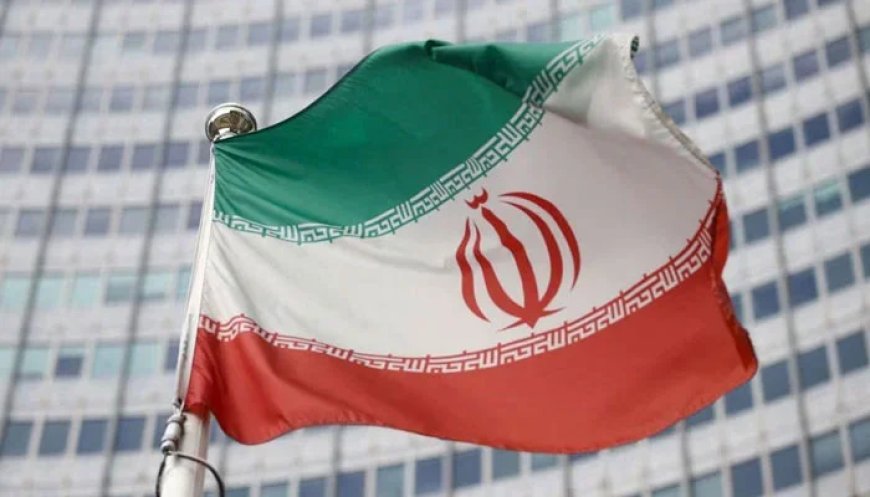Western powers sanction Iran over missiles to Russia

1. Iran says Western claims are false and a distraction from US backing for Israel in its war against Hamas
LONDON: On Tuesday, Western powers introduced new sanctions against Iran for supplying Russia with short-range missiles intended for imminent use in Ukraine, labeling the move a dangerous escalation that threatens European security.
The UK, France, and Germany, collectively known as the E3, announced the suspension of aviation agreements with Iran and sanctions on its national carrier, Iran Air, accusing Tehran of ignoring repeated warnings over the weapons transfers.
“This is an escalation by both Iran and Russia and poses a direct threat to European security,” the E3 said in a joint statement.
During a visit to London, U.S. Secretary of State Antony Blinken warned that the missiles could be deployed against Ukraine "within weeks." He revealed that Russian military personnel have been training in Iran on the Fath-360 missile, which has a range of 75 miles (120 kilometers).
"Iran’s president and foreign minister have stated their desire to re-engage with Europe and seek relief from sanctions," Blinken added. "But destabilizing actions like these will only hinder those efforts."
Following the announcement, the UK government confirmed that it had already begun terminating direct air services between the UK and Iran.
Washington also sanctioned Iran Air and 10 individuals and companies involved in the missile supply, accusing the airline of supporting Russia's military logistics.
In response, Iran dismissed the allegations, with foreign ministry spokesperson Nasser Kanani calling the accusations a distraction from U.S. support for Israel in its conflict with Hamas. He called the claims "false propaganda" aimed at concealing the "massive illegal arms support" the U.S. and Western countries are providing to Israel in Gaza.
Meanwhile, Blinken is scheduled to visit Kyiv on Wednesday alongside UK Foreign Secretary David Lammy to express solidarity with Ukraine, as the country faces increased Russian offensives in the east. Moscow has ramped up aerial attacks but is also contending with a Ukrainian counteroffensive in Russia’s western Kursk region.
Lammy emphasized that the joint trip underscores the commitment of both the UK and U.S. to supporting Ukraine ahead of UK Prime Minister Keir Starmer's upcoming visit to the White House on Friday.
Britain has been a leading advocate for greater Western military support to Ukraine and has recently announced the delivery of 650 new missile systems to aid Kyiv's efforts. However, when questioned about the use of long-range Storm Shadow missiles by Ukraine against Russia, Lammy declined to discuss operational matters, stating it would only benefit Russian President Vladimir Putin.
The US-UK "special relationship" has remained robust, even after Labour's Keir Starmer ended the Conservatives' 14-year rule in July. However, Starmer’s alignment with U.S. President Joe Biden's Democratic agenda could carry political risks just two months before the U.S. elections, where Vice President Kamala Harris is in a tight race with Republican Donald Trump.
While supporting Ukraine, Starmer has taken a more cautious stance on Israel than the Conservatives, raising concerns about potential violations of international humanitarian law in the Gaza conflict. Last week, the Labour government imposed restrictions on certain weapons to Israel and dropped its predecessor's plans to challenge the International Criminal Court's (ICC) right to issue arrest warrants for Israeli Prime Minister Benjamin Netanyahu.
The U.S. has criticized the ICC’s efforts to target Netanyahu, maintaining that Israel has adequate systems of accountability. When asked about the UK’s stance on a potential arrest warrant for Netanyahu, Lammy, standing beside Blinken, reaffirmed Britain’s belief in international law and the ICC’s authority but emphasized that such decisions are for the courts to make.

















































